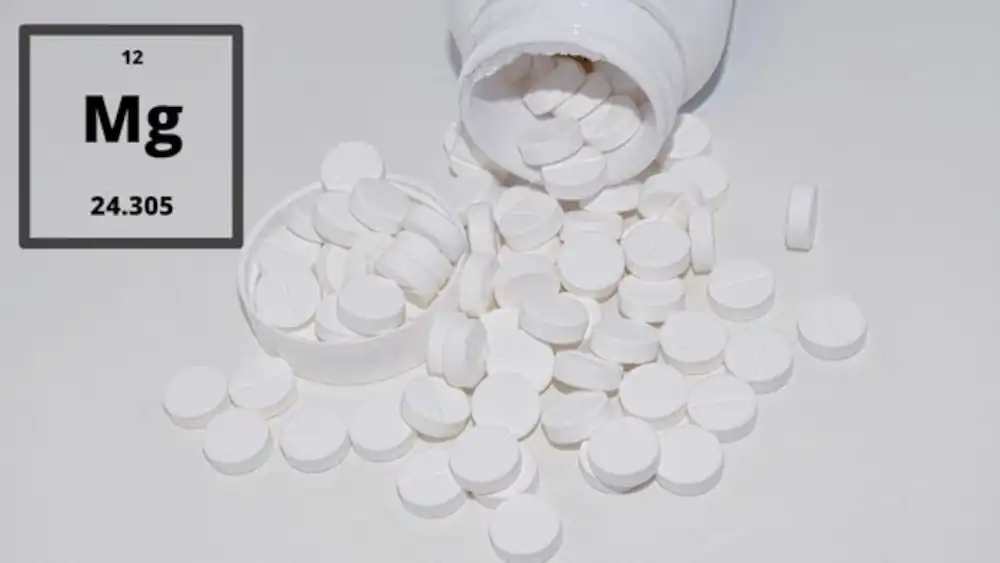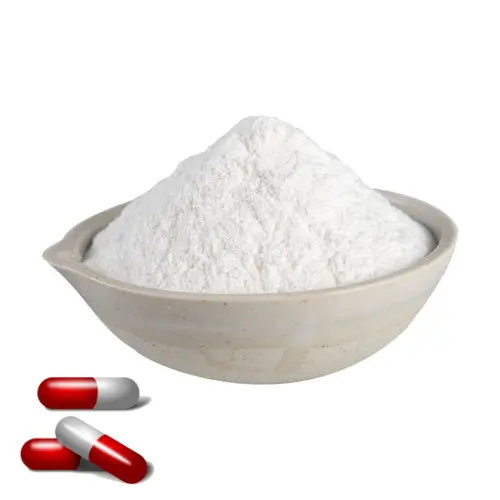Magnesium oxide is an inorganic compound, an oxide of magnesium, an ionic compound, and a white solid at room temperature.
Pharmaceutical grade magnesium oxide is a highly pure inorganic compound specifically used in the pharmaceutical field. Its main features include high purity, low impurity content, and strict production and quality control that meets pharmaceutical standards.
The following is a detailed introduction to pharmaceutical grade magnesium oxide:
Source and preparation: Pharmaceutical grade magnesium oxide is usually derived from natural ores or obtained through chemical synthesis methods. The production process must follow GMP (Good Manufacturing Practice) standards to ensure that it is suitable for the manufacture of pharmaceutical products.
Physical and chemical properties
•Chemical formula: MgO
•Appearance: white powder or granules
•Solubility: almost insoluble in water, but soluble in acid
•pH value: alkaline, can be used as a neutralizer
•Stability: stable in air, can react with water at high temperature to form magnesium hydroxide
The application of magnesium oxide in the pharmaceutical industry is basically divided into two types:
One is to use magnesium oxide as the main raw material. Magnesium oxide is directly used in medicine to treat certain diseases, such as relieving indigestion and constipation symptoms. Because it has the effect of relaxing intestinal smooth muscle, it can absorb water in the intestine after oral administration, expand into a gel-like substance, thereby promoting intestinal peristalsis and helping defecation.

The second is to use magnesium oxide as an excipient in the pharmaceutical industry. Pharmaceutical grade magnesium oxide can be used as a filler, diluent or glidant in tablets and capsules, which helps drug molding, improves powder fluidity and controls drug release rate. It can also be used as an antacid to relieve discomfort caused by excessive gastric acid.

In the production of the former, usually according to the requirements of the pharmaceutical industry, the product quality not only meets the requirements of the pharmacopoeia, but also takes full sealing and full disinfection measures in the packaging process of the production process; as long as the product quality of the latter meets the requirements of the pharmacopoeia standards, the production process can be appropriately relaxed, but clean production must be achieved.
Pharmaceutical grade magnesium oxide is a high-value fine chemical. The current market price of industrial magnesium oxide is several thousand yuan, while the price of medical magnesium oxide is tens of thousands, which is 5-10 times the price of the former. This shows that production enterprises should pay attention to the refinement of products, improve product grades, increase added value, and improve the economic benefits of enterprises.
There are two types of medical magnesium oxide: heavy (5g accounts for about 10-v20rnL volume) and light (5g accounts for about 40-v50rnL volume). Medical magnesium oxide has the appearance of white powder; tasteless, odorless; almost insoluble in water, insoluble in ethanol; dissolved in dilute acid, slowly absorbs carbon dioxide in the air, and partially generates alkaline magnesium carbonate.
Magnesium oxide is mainly used in the pharmaceutical industry as a drug for neutralizing gastric acid. The effect of neutralizing gastric acid is strong, slow, and long-lasting, and no carbon dioxide is produced. After neutralization, MgCl is produced, which can cause mild diarrhea and is suitable for patients with gastric and duodenal ulcers accompanied by constipation and excessive gastric acid secretion.
Quality Standard
Medical grade magnesium oxide must meet the requirements of various pharmacopoeias, such as the Chinese Pharmacopoeia, the United States Pharmacopoeia (USP), the European Pharmacopoeia (EP), etc., and has strict regulations on purity, impurity limits, microbial indicators, etc. Precautions: Although medical grade magnesium oxide is safe and effective, it still needs to be used under the doctor’s advice, especially for specific groups such as patients with renal insufficiency, excessive intake may cause adverse reactions.

